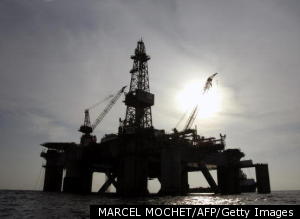 There’s no reason to doubt Councillor Doug Ford’s claim that “everyone’s jaw just dropped” when he revealed his vision for Toronto’s waterfront at a recent backroom meeting of 15 people. The question is, who were these favoured few treated to an early peek at Ford’s plan for a monorail, a giant Ferris wheel, a posh waterside hotel and, of course, a mega-mall?
There’s no reason to doubt Councillor Doug Ford’s claim that “everyone’s jaw just dropped” when he revealed his vision for Toronto’s waterfront at a recent backroom meeting of 15 people. The question is, who were these favoured few treated to an early peek at Ford’s plan for a monorail, a giant Ferris wheel, a posh waterside hotel and, of course, a mega-mall?If they were influential developers, their jaws surely dropped at the prospect of quickly harvesting a multi-million-dollar windfall. To realize Ford’s vision in just six years, according to his schedule, the city will have to sell hundreds of acres of prime waterfront land at bargain basement prices. That’s because the private sector doesn’t build monorails for free, and time is of the essence. To turn Ford’s dream into reality, much of this tract will inevitably be covered by crowded condo towers. Well-placed investors are sure to become richer, and the cash-strapped Ford administration will gain a timely infusion of capital.














